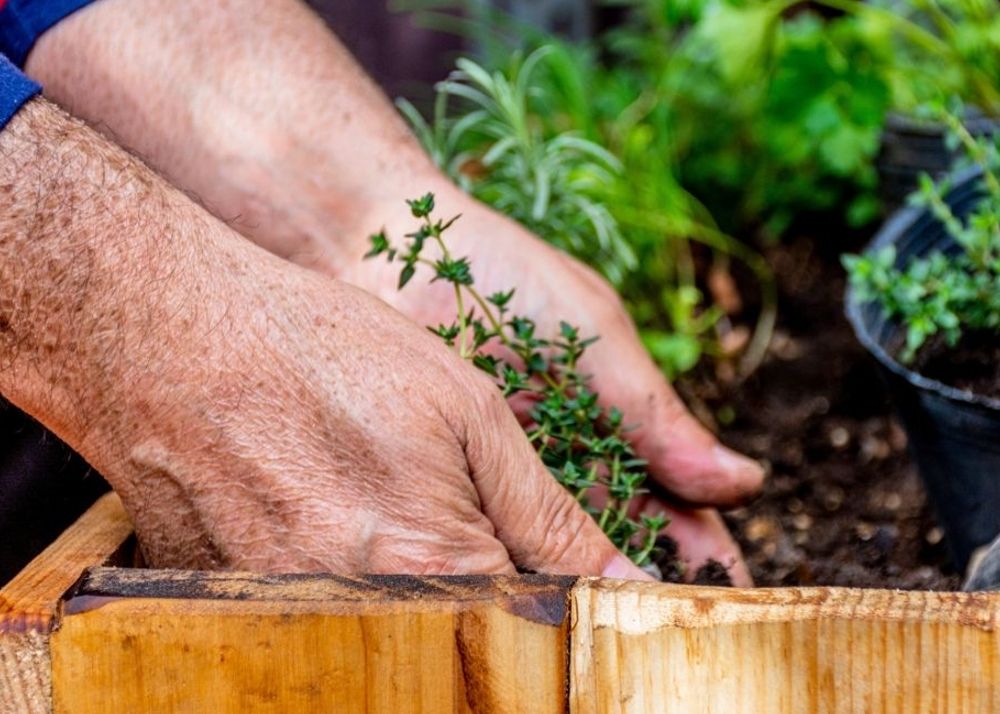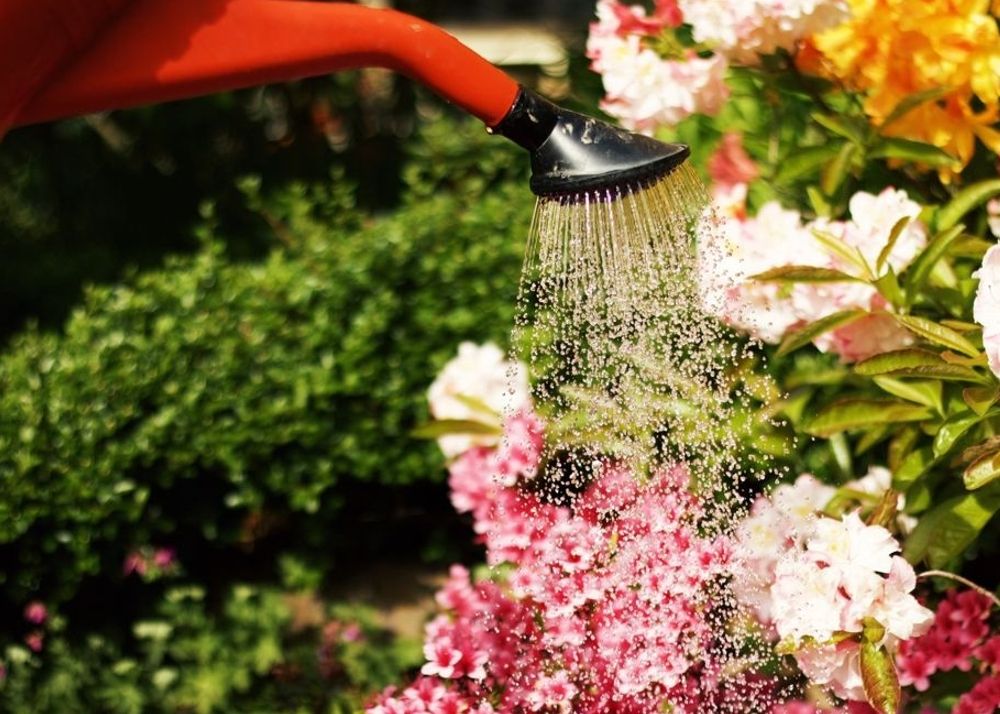2022 Trends to Watch Out For: Sustainable Gardening
The pandemic has brought millions of new gardeners to the hobby—over 18 million, in fact—and independent garden centers are keen on keeping interest in gardening alive. Whether seeking to beautify their home offices or turn their homes into a refuge of tranquility, these Americans have found in caring for plants a source of beauty, peace, and health. Health is becoming increasingly important for a number of Americans, not only their personal wellbeing but the health of the planet, as well. This new interest in health has been exacerbated by the intensifying climate crisis a well as growing awareness of harmful industrial farming practices.
Now more than ever, consumers want to take care of their environment as well as their bodies, and garden centers are in a good position to meet this new demand by promoting sustainable gardening practices. But these novice gardeners might not be ready for the challenges of organic gardening, so it will be important to direct them to products that meet their needs while also making gardening fun and easy.
These new environmentally conscious consumers might have a variety of reasons for gardening. Some want to grow their own vegetables rather than worry about where their produce is coming from and what pesticides were used in their production, while others want to attract and support wildlife or reduce the fossil fuel and water consumption that comes with caring for a lawn. There’s no singular definition of “sustainable gardening,” so it’s important to understand exactly what the customer is interested in. In general, however, these sustainable gardeners are drawn to practices that are restorative and decrease overall consumption. This translates into practices like decreasing water consumption, using fewer pesticides, and planting native species or hardy, low-maintenance plants.
Sustainable Water Consumption
Sustainable gardening begins with the responsible use of water. Water scarcity is already a fact of life in the drought-plagued western states, and water conservation will soon be a priority for everyone. Sustainable gardeners will want drought-resistant plants. Greens like spinach, lettuce, and mustard all require little water, but they are far from the only drought-resistant vegetables. Many varieties of tomato can flourish in drier soil, and peppers are native to arid climates.
There are also many flower species that can thrive with less water, such as yarrow, purple coneflower, and lavender. Yarrow is an especially hardy perennial, while coneflowers are great low-maintenance pollinators. That last point is important: sustainable gardening is not only about using fewer resources, but also about replenishing the ones we have. Sustainable gardens should support the local ecosystem and allow birds, butterflies, bees, and other pollinators to thrive.
Accessories such as rain barrels and drip irrigation kits should be a standard addition to any sustainable garden, as well. About 30% of the water used annually by the typical American is used for watering lawns and gardens, so rain barrels not only help conserve our most precious natural resource, but they help reduce water bills. On top of that, hoses and sprinklers are not the most efficient way to make use of that water. When it comes to plants actually using the water applied, sprinklers are 65%-75% efficient, drip irrigation is 90% efficient, according to the University of Rhode Island’s Water Quality Program.
Novice gardeners might need education on strategies that reduce water consumption, such as using compost and mulch to help the soil retain moisture. Composting is not only good for the soil, but it helps reduce household waste, as well. Depending on the size of the garden or the space available, customers can be directed to small indoor compost bins or larger outdoor tumblers.
Using water efficiently means not only conserving it, but keeping it free of pollutants, as well. Sustainable gardens should be supported by organic fertilizers and pesticides. If pesticides are out of the question, organic gardeners can turn to tools such as cultivators and hoes to get the job done.
Indoor and Outdoor Options
Interest in both edible and ornamental gardening is growing, and many of these new gardeners are growing in containers, both in backyards and on patios and balconies. Self-watering garden beds are perfect for novice gardeners looking to get their feet (and their plants) wet as well as for gardeners working with limited space.
The houseplant boom goes hand-in-hand with interest in sustainable gardening. Whether their home is an office or a refuge from one, many Americans are looking to bring a piece of nature indoors with them, both to beautify their living space and to increase air quality. Novice houseplant enthusiasts will be interested in durable, low-maintenance plants that produce a lot of greenery. The spider plant is a good suggestion for customers who can give it lots of indirect sunlight. It’s a great beginner plant as it doesn’t require a great deal of watering and it grows quickly. The classic ficus is another striking low-maintenance plant for those looking to bring a high volume of vibrant greenery into the home.
More than a passing trend or pandemic distraction, sustainable gardening can become a source of personal satisfaction and even existential meaning for gardeners. The pandemic has not only led people to contemplate their relationships with each other but with the natural world. Sustainable gardening, both indoors and outdoors, for food and aesthetics alike, is a practice that sustains not only the environment, but the spirits of those who take part in it.

